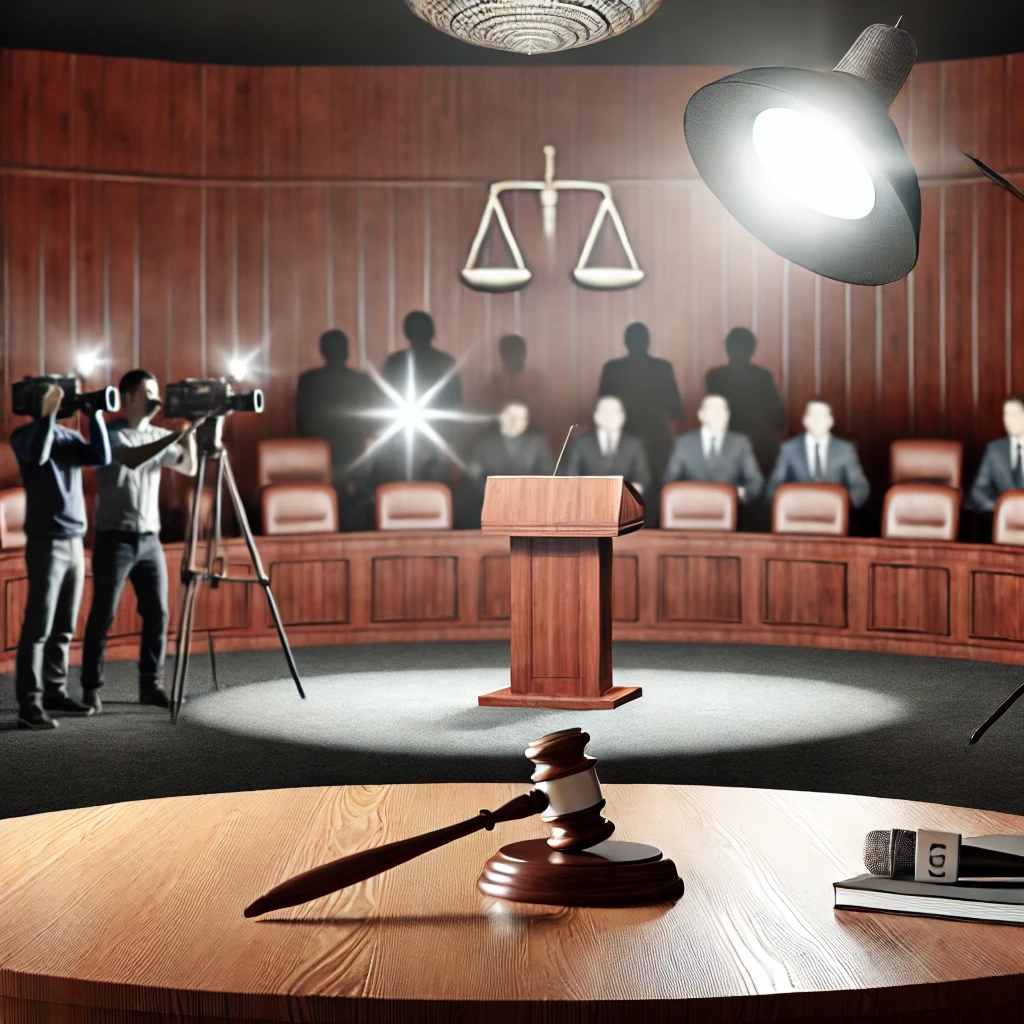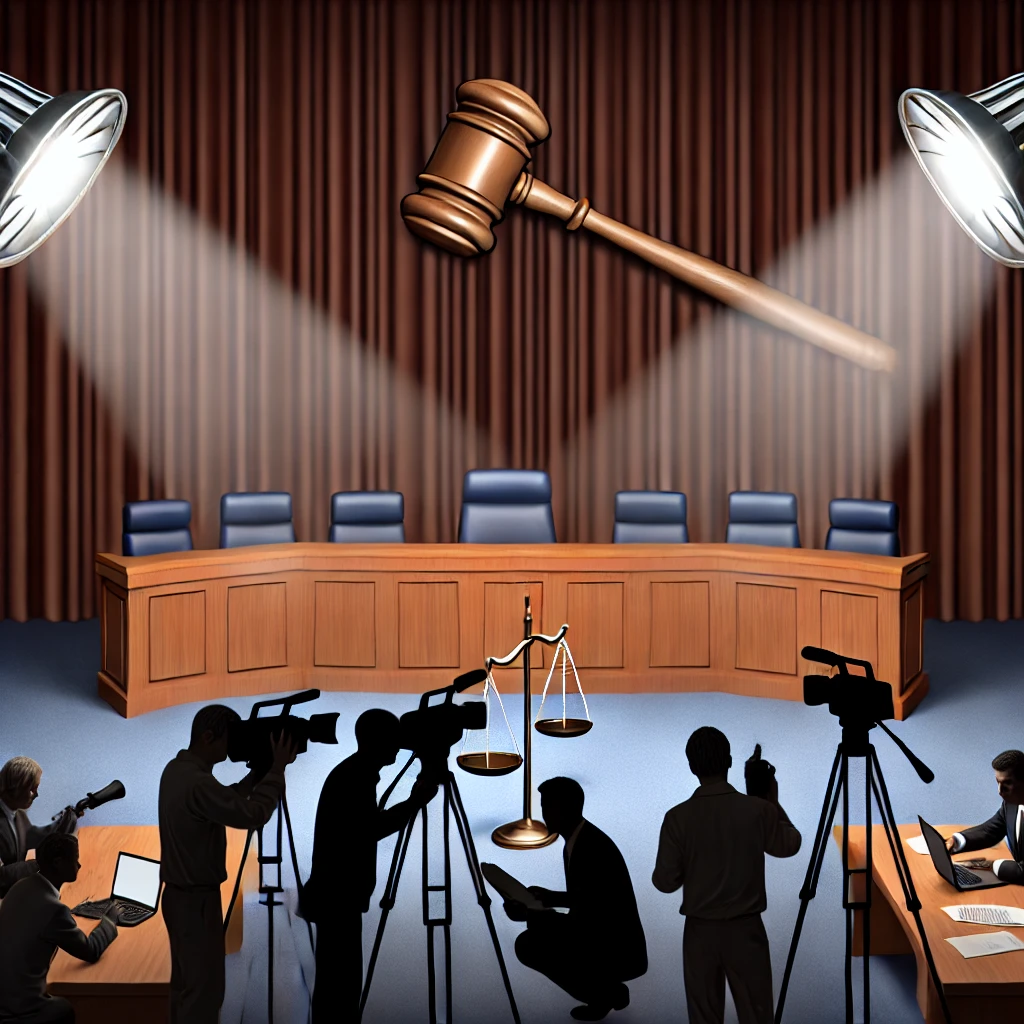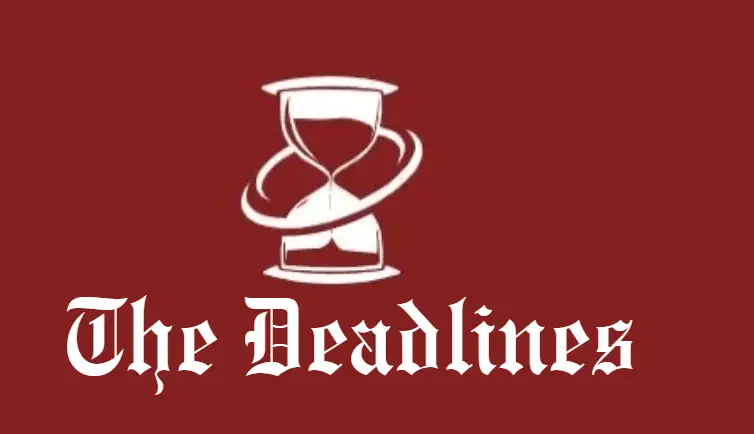Table of Contents
Toggle1. Introduction to the Perjury Case
In the late 1990s, the United States experienced a political and legal scandal involving then-President Bill Clinton. The scandal revolved around Clinton’s extramarital affair with Monica Lewinsky, a White House intern, and his subsequent testimony under oath. The events led to accusations of perjury, which eventually resulted in his impeachment by the House of Representatives. This case remains one of the most notable incidents in American political history, showcasing the consequences of lying under oath and the gravity of presidential accountability.
2. Background of the Clinton-Lewinsky Scandal
The Clinton-Lewinsky scandal first came to public attention in 1998 when news broke of President Clinton’s inappropriate relationship with Monica Lewinsky. The affair, which took place between 1995 and 1997, was initially kept private until it was revealed during the investigation of a separate lawsuit against Clinton, known as the Paula Jones case. Jones had accused Clinton of sexual harassment during his tenure as governor of Arkansas.
Special Counsel Kenneth Starr, who was investigating Clinton’s other alleged misconduct, included the Lewinsky affair in his inquiry. The scandal grew larger when Lewinsky’s friend, Linda Tripp, recorded their conversations, exposing the affair and setting the stage for what would become a nationwide political storm.
3. What is Perjury Under Oath?

Perjury is the act of knowingly providing false testimony while under oath. In the United States, perjury is a federal offense, punishable by fines and imprisonment. When public officials commit perjury, it raises concerns about their integrity and the trustworthiness of the political system. In this case, President Clinton was accused of perjury for lying under oath about the nature of his relationship with Lewinsky.
4. The Grand Jury Testimony
In August 1998, President Bill Clinton testified before a grand jury regarding his involvement with Monica Lewinsky. During this testimony, he famously denied having “sexual relations” with Lewinsky. However, it was later revealed that his definition of “sexual relations” differed from the generally accepted one, leading many to believe that he was intentionally misleading the court. The ambiguity in his statements, alongside evidence provided by Lewinsky, suggested that Clinton had not been truthful in his testimony.
5. The Impeachment Proceedings
The revelation of Clinton’s misleading statements sparked a political crisis that led to the impeachment proceedings. The House of Representatives launched an investigation into Clinton’s conduct, focusing on his potential perjury and obstruction of justice. In December 1998, the House passed two articles of impeachment against Clinton: one for perjury before a grand jury and the other for obstruction of justice.
This marked only the second time in U.S. history that a sitting president had been impeached. The case then moved to the Senate, where Clinton stood trial. Despite the seriousness of the charges, the Senate ultimately acquitted Clinton on both counts in February 1999, allowing him to remain in office for the remainder of his term.
6. Clinton’s Defense and Public Response
During the impeachment process, Clinton and his legal team argued that his actions did not constitute perjury in the legal sense. They claimed that his answers, while evasive, were technically truthful based on his interpretation of the questions asked. This defense highlighted the complex nature of perjury law and the challenges of proving intent to deceive.
Public opinion on the scandal was deeply divided. While many Americans were shocked and dismayed by Clinton’s behavior, others believed the investigation and subsequent impeachment were politically motivated. Despite the scandal, Clinton’s approval ratings remained relatively high throughout the proceedings, indicating that many viewed the affair as a private matter rather than an impeachable offense.
7. Legal and Political Implications

The perjury allegations against Bill Clinton had far-reaching legal and political consequences. Legally, the case underscored the importance of honesty and accountability in the justice system, even at the highest levels of government. It also highlighted the potential consequences of lying under oath, as perjury can lead to criminal charges and impeachment for public officials.
Politically, the scandal exposed deep partisan divisions within the U.S. government. The impeachment process was highly contentious, with Republicans largely supporting Clinton’s removal from office and Democrats defending him. The event had a lasting impact on American politics, affecting public trust in government and shaping future presidential investigations.
8. The Aftermath and Lessons Learned
After his acquittal, Bill Clinton completed his presidency, leaving office in January 2001. The perjury case, however, left a complex legacy. Clinton faced disbarment in Arkansas and had to pay a fine as part of a settlement related to the Paula Jones lawsuit. The scandal also influenced how future cases of presidential misconduct were perceived and handled.
The Clinton perjury case serves as a reminder of the critical importance of truthfulness, particularly for those in public office. It demonstrates that lying under oath can have serious legal and political repercussions, and underscores the ethical obligations of elected officials to uphold the principles of justice and honesty.
9. Conclusion
The case of Bill Clinton’s perjury under oath remains a significant chapter in American political history. It highlights the complexities of legal definitions, the importance of ethical conduct in public office, and the consequences that arise from dishonesty. Read more about historical political scandals and their impact to understand the importance of integrity in politics.
Stay connected for the latest Breaking News and alerts at thedeadlines.net!




